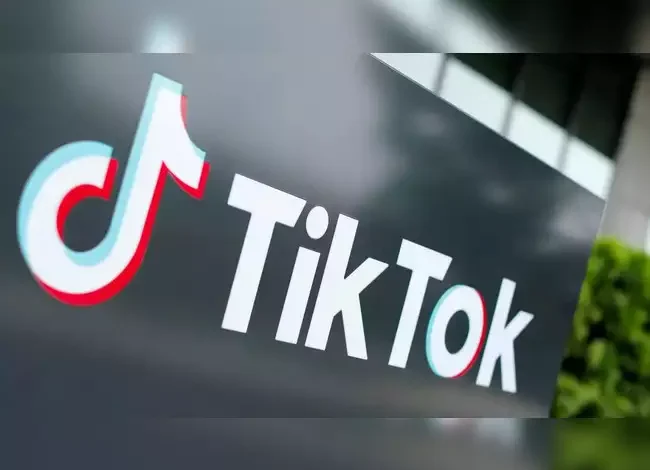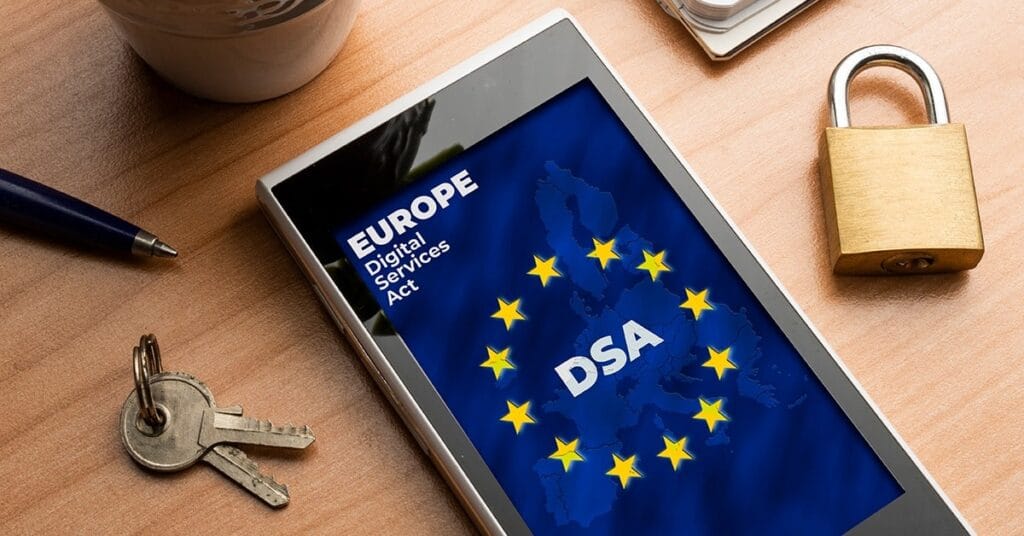French Families Sue TikTok Alleging Failure to Remove Harmful Content

A coalition of French families have filed a historic lawsuit against TikTok, a well-known social media platform, alleging that the firm has neglected to appropriately address and delete hazardous content, putting young users nationwide at risk. According to the case, which was filed last week in Paris, TikTok’s algorithms and moderation practices permit harmful content—especially that which encourages self-harm, disordered eating, and risky stunts—to continue to be available to its younger audience.
Table of Contents
Parents Take Action Against TikTok’s Alleged Oversights
The victims in this lawsuit are the families of many young French users who, they claim, were exposed to harmful content on TikTok, one of the most popular social media sites among teens. The complaint comes after a string of similar cases in Europe, where worries over social media’s effects on safety and mental health, particularly for children, have grown in recent years. The parents claim that their children’s wellbeing has suffered as a result of TikTok’s lax content monitoring, which has allowed upsetting information to spread widely.
Antoine Blanc, the families’ legal representative, stated, “This is not about policing the internet, but about ensuring that a platform with as much influence and reach as TikTok takes responsibility for the content circulating on it.” The families, he continued, have experienced “emotional distress” as a result of witnessing their kids battle mental health problems, which they feel were made worse by extended exposure to harmful content on TikTok.
Content Moderation Policies Under Scrutiny
The case revived criticism about TikTok’s content control and algorithmic procedures. In many situations, human moderators follow up after TikTok’s automated systems identify and flag improper content, as is the case with other significant social media platforms. However, opponents believe that these automated algorithms fail to detect a large quantity of hazardous information, and in other situations, TikTok’s algorithm may unintentionally encourage sensationalist or risky content that receives a lot of engagement.
“The security and comfort of our users, especially our youngest ones, is our top priority,” TikTok said in a statement in response to the complaint, showing condolences for the families and upholding its regulations. Our community is encouraged to report any anything that can endanger others, and we are always updating our systems to better detect and eliminate hazardous content.
The Impact of Social Media on Youth Mental Health
Social media’s possible detrimental impacts on teens’ mental health have long been noted by psychologists and specialists in child development. Platforms such as TikTok are intended to keep users active, but some experts believe this has resulted in an atmosphere in which young people are subjected to material that can impair their self-esteem, appearance, & overall mental health.
Dr. Sophie Leroux, a child neurologist based in Paris, observed, “There is emerging evidence associating excessive internet use to mental health difficulties in teens. Although TikTok and similar platforms foster creativity and connectivity, they might also boost dangerous behavior because to their quick content delivery & viral trends. Dr. Leroux underlined that social media businesses should prioritize users’ mental health and increase protections.
The Legal Landscape for Social Media in Europe
Numerous court cases are being filed around Europe to make social media corporations responsible for the possible harm that their platforms may inflict on their younger users. European lawmakers and regulatory organizations have begun to impose sweeping restrictions on technology businesses. The European Union’s Digital Services Act (DSA), which is set to go into effect in 2024, mandates social media companies to take on more responsibility for filtering damaging content and limiting access to illegal information. Stricter content regulations for teen-popular websites like YouTube, Instagram, and TikTok are probably going to be implemented as a result of this rule.

However, the legal outcomes in these cases have been uneven. Some prior lawsuits for social media corporations have been rejected on the basis that networks are not accountable for what users upload, but legal experts observe that this viewpoint is changing as the psychological effects of online content grow increasingly apparent.
The Broader Implications of the Case
As the case progresses, it may have broader repercussions for social media corporations operating in Europe. Should the families succeed, there might be more pressure on TikTok and related platforms to strengthen their content management guidelines and change the algorithms that direct popular content toward younger users.
For parents & advocacy groups, this case is a huge step forward in the fight for safer online environments for kids and teens. The case is about accountability as much as it is about reform, said plaintiffs’ attorney Antoine Blanc. We believe that it will motivate TikTok and other sites to take more precautions to protect vulnerable users.”
Since it highlights the delicate balance between user safety and free speech in the digital era, the case will be closely watched throughout Europe. These incidents serve as a stark reminder of the enormous responsibility that social media firms, like TikTok, have to protect their users, particularly the younger ones, as they continue to grow their user bases.
People also Reading
Chinese Researchers Harness Meta’s Llama AI for Military Advancements
“Google’s AI-Fueled Gains in Cloud: What It Means for Rivals Amazon and Microsoft”
ByteDance Founder Surges to Top of China’s Rich List: How TikTok’s Success Drives New Wealth




